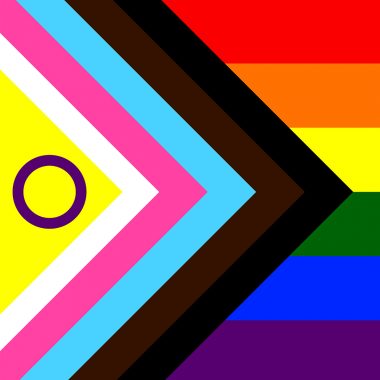A Parade Of Colors: Pride Flags’ Names, Meanings, And Emoji
A flag is a sign of community and belonging, and no flags are as eye-catching as the rainbow of banners representing Pride and all of its aspects and identities. The classic ROYGBV flag may be the most well-known, but it is not the only one that represents members of the LGBTQIA+ community. In this article, we’ll discuss some of the most prominent Pride flags, their …





